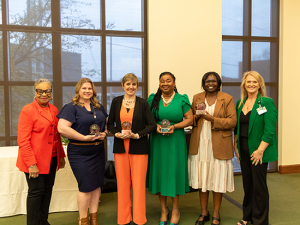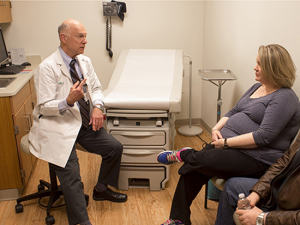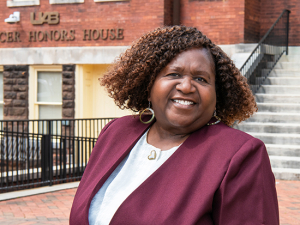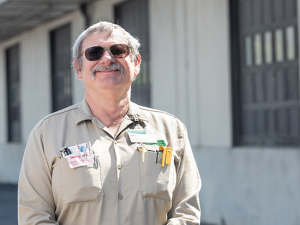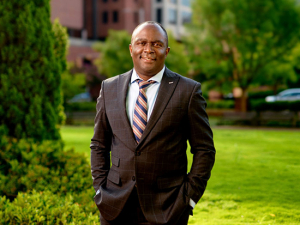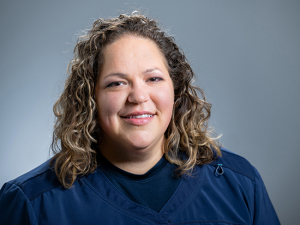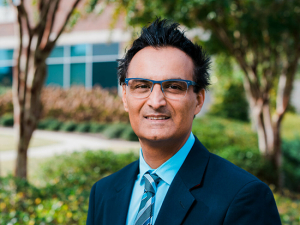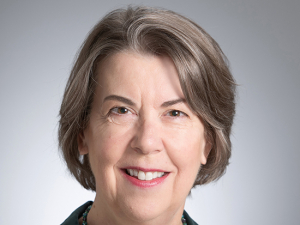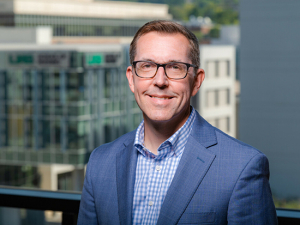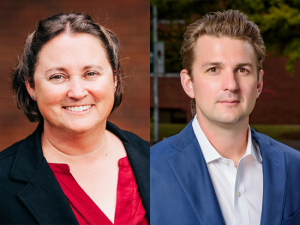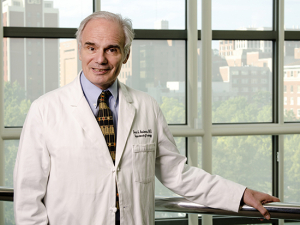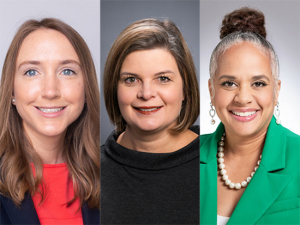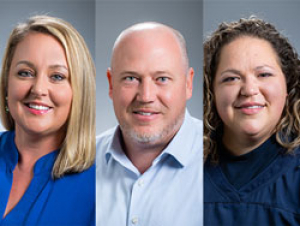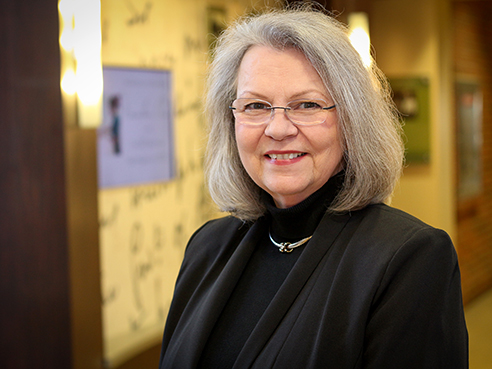 Thirty-five years ago, Professor Patricia Speck, DNSC, started work as a family nurse practitioner with the Hollywood Clinic, a public health center in Memphis, Tennessee. The abuse she saw at that center — women who had been physically and sexually assaulted — inspired her to work to affect change on behalf of victims around the world.
Thirty-five years ago, Professor Patricia Speck, DNSC, started work as a family nurse practitioner with the Hollywood Clinic, a public health center in Memphis, Tennessee. The abuse she saw at that center — women who had been physically and sexually assaulted — inspired her to work to affect change on behalf of victims around the world.
During the past three decades, Speck traveled the world, working in countries throughout Africa, Europe, Asia, the Caribbean and the Americas and consulting with governments and communities to improve the ways professionals respond to victims of violence.
For her work as a nurse practitioner and in advanced practice forensic nursing, End Violence Against Women International recently awarded Speck its inaugural Professional Impact Award. EVAWI, which saluted Speck as a dedicated professional who works with others to create lasting systemic change, noted in its award presentation that “because of [her] work, victims in their communities are more likely to receive the compassionate support and competent services they deserve, and perpetrators are more likely to be held accountable for their crimes.”
Understanding trauma
Speck is the coordinator for the advanced forensic nurse subspecialty in UAB’s School of Nursing. Graduates are clinical experts, prepared to evaluate, diagnose, and manage commonly occurring trauma reactions of individual patients and their families who are intersecting with the legal system.
| “Anyone can be victimized because we are all vulnerable at some point. When people buy into that, they no longer blame the victim.” |
One of her biggest passions is encouraging “trauma-informed care” at the institutional level, so that every attorney, psychologist, member of law enforcement, clinician and community worker understands how to connect safely with a person who has been abused. Teaching this approach to those who work with victims of abuse encourages a change in their perspective, which Speck said is important in helping victims get care.
“Everybody has a trauma history,” Speck said. “The first element to learn is how to create a safe environment where they feel comfortable talking to you about their experiences, fears and secrets. The second is that once you have their trust you have the opportunity to say things that are supportive of their actions and choices.”
Training provided in UAB School of Nursing’s advanced forensic nursing subspecialty, which focuses on providing emotional and physical care to help patients who have experienced trauma, also is integral for clinicians in fields such as geriatric palliative care or pediatrics who need to recognize and respond to signs of abuse.
“Anyone can be victimized because we are all vulnerable at some point,” Speck said. “When people buy into that, they no longer blame the victim. They see where their own vulnerabilities are present, but that they may have more resources to avoid victimization — for example, the ability to drive a locked car rather than walking to and from a bus stop.”
|
“…to deny someone liberty, which occurs in trafficking, sexual violence and domestic violence, is probably the most egregious situation that can happen to a person and will affect them for the rest of their lives.” |
Moving forward
The goal of the first trip Speck makes to a new country — many of which are coordinated through the U.S. Department of Justice or various State Department embassies — is to meet the decision-makers and encourage their buy-in. She has met with presidents, first ladies and high-level administrators and discovered that each wants to limit their citizens’ exposure to violence and help victims recover as much as possible in a therapeutic environment.
“Each one wants to be at the forefront for creating change to benefit their citizens,” Speck said. “In that environment, we find we are all vulnerable just by the consequences of what our governments do and don’t do.”
Speck added that, in the time since she began working in public health primary care in the early 1980s, she has also seen significant progress in U. S. views on domestic violence.
“What I see today is not what I saw in 1982 when I walked into the rape center,” she said. “It wasn’t until the 1970s that some laws were removed that allowed husbands to beat their wives, and only recently have some states removed laws that said husbands can’t rape their wives.
“In this rejection of ownership or seeing people as property, we begin to understand that liberty is the most valuable thing we own, and to deny someone liberty, which occurs in trafficking, sexual violence and domestic violence, is probably the most egregious situation that can happen to a person and will affect them for the rest of their lives,” Speck said.
